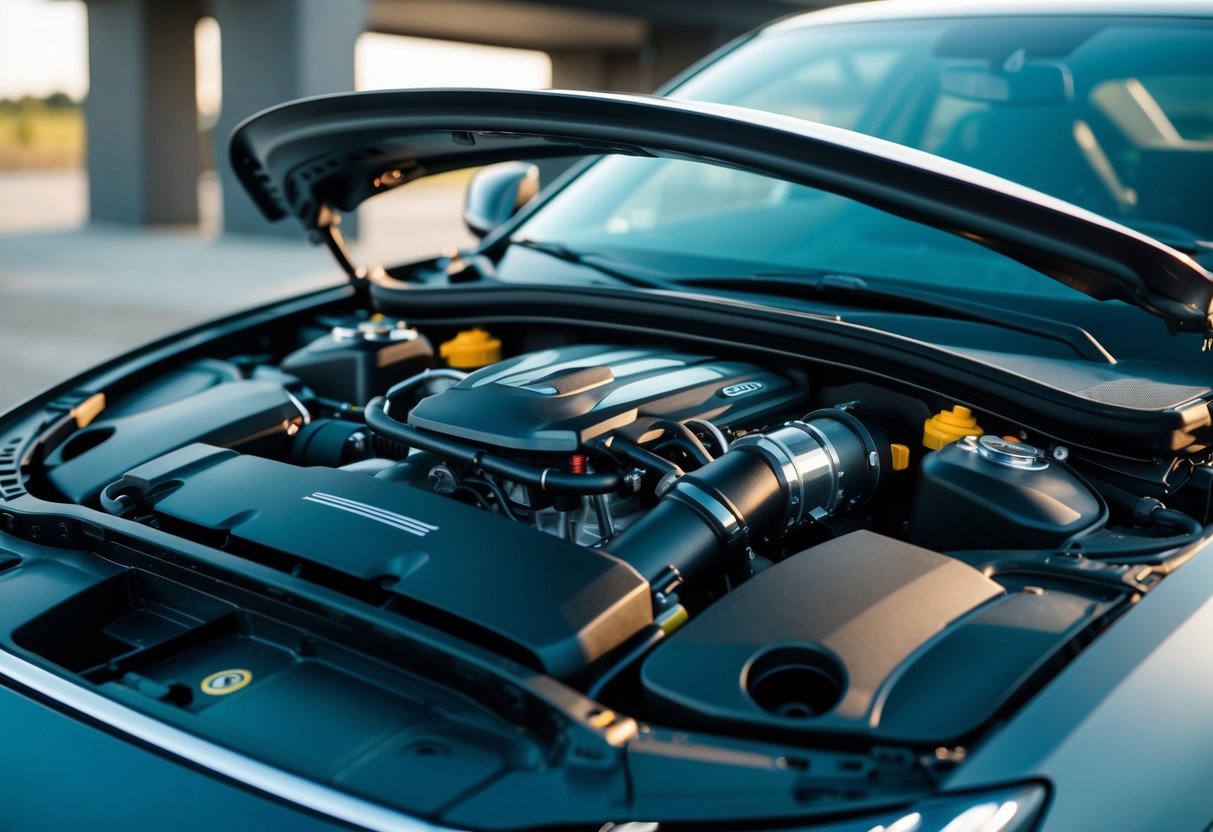
Reliability and Maintenance of Turbo Engines
Turbocharged engines offer enhanced power, yet reliability and longevity depend on proper care. Regular maintenance helps ensure these engines continue to perform at their best over time.
Long-Term Durability
Turbocharged engines have gained a reputation for delivering substantial power boosts. They have also improved in terms of long-term reliability. Modern engineering techniques have enhanced their durability, with improved materials and designs that better handle increased pressures and temperatures. Despite these advances, consistent daily use without proper care can still lead to wear and tear. Adopting a diligent maintenance schedule and using quality parts contribute significantly to an engine’s life. Advances such as cooling systems and advanced turbocharger designs have further bolstered durability. Drivers should remain attentive to engine performance and address any unusual noises or behaviors promptly.
Maintenance Best Practices
Maintaining a turbocharged engine involves several best practices to ensure longevity and reliability. Regular oil changes are crucial, as these engines often operate at higher temperatures, which can degrade oil faster. Using high-quality synthetic oil can help protect the engine components. Proper air filtration is also important to prevent debris from entering the turbocharger and causing damage. It’s essential to check and replace air filters as per the manufacturer’s guidelines. Keeping the cooling system in good shape will help prevent overheating, which is crucial for the operational efficiency of both the engine and turbocharger. Additionally, allowing the engine to warm up before driving and cooling down before shutting it off can prevent thermal stress on the turbo components.
The Eco-Friendly Side of Turbochargers
Turbocharged engines, known for enhancing power and performance, offer benefits that extend beyond just speed. They also contribute to reduced emissions and improved fuel efficiency through innovative engineering.
Reducing Emissions with Turbo Technology
Turbochargers play a critical role in lowering vehicle emissions by optimizing engine performance. They allow smaller engines to produce power equivalent to larger engines, resulting in less fuel consumption. By compressing the air entering the engine, turbochargers increase the efficiency of fuel combustion. Efficient combustion reduces the release of harmful gases like carbon dioxide and nitrogen oxides.
Manufacturers invest heavily in developing turbocharged engines that meet stringent emissions standards. Electric turbochargers, which use electric motors to assist in compression, further minimize emissions by improving response times. This innovation ensures that engines operate efficiently under various conditions, ultimately reducing the environmental footprint of vehicles. The shift toward eco-friendly turbo technology aligns with global efforts to combat climate change and promote sustainable automotive practices.
Advancements in Eco-Friendly Turbo Engine Design
Recent advancements in turbocharged engine design have focused on sustainability and efficiency. Engineers work on creating lightweight turbo systems using advanced materials, reducing the overall engine weight. Lighter engines require less energy for acceleration, improving fuel efficiency further.
Variable geometry turbochargers, which adjust the turbo’s performance based on engine speed and load, maximize efficiency while maintaining low emissions. This technology ensures optimal performance regardless of driving conditions.
Moreover, combining turbocharging with hybrid technology bridges the gap between performance and environmental responsibility. Hybrid systems utilize turbochargers to extract more power from smaller engines while keeping fuel consumption low. This synergy leads to vehicles that deliver robust performance without compromising on eco-friendliness. Such advancements signal a promising future for turbo technology in an increasingly eco-conscious world.



